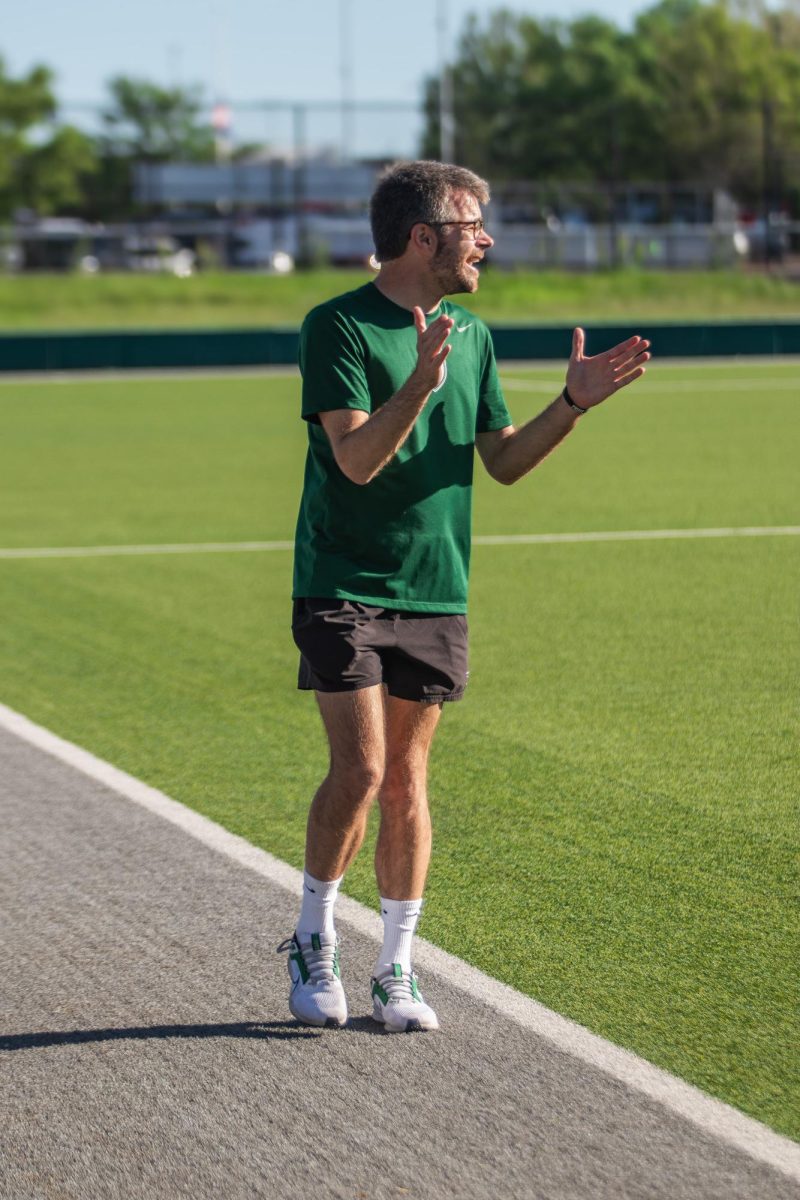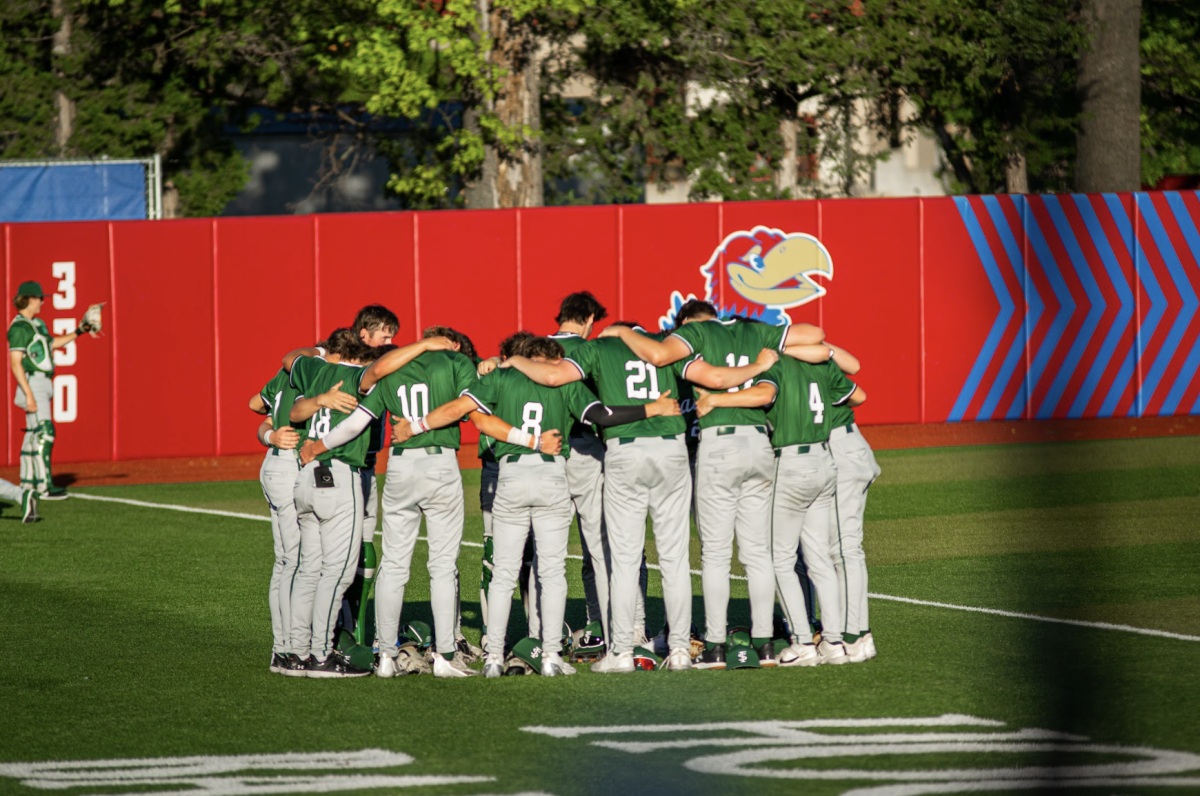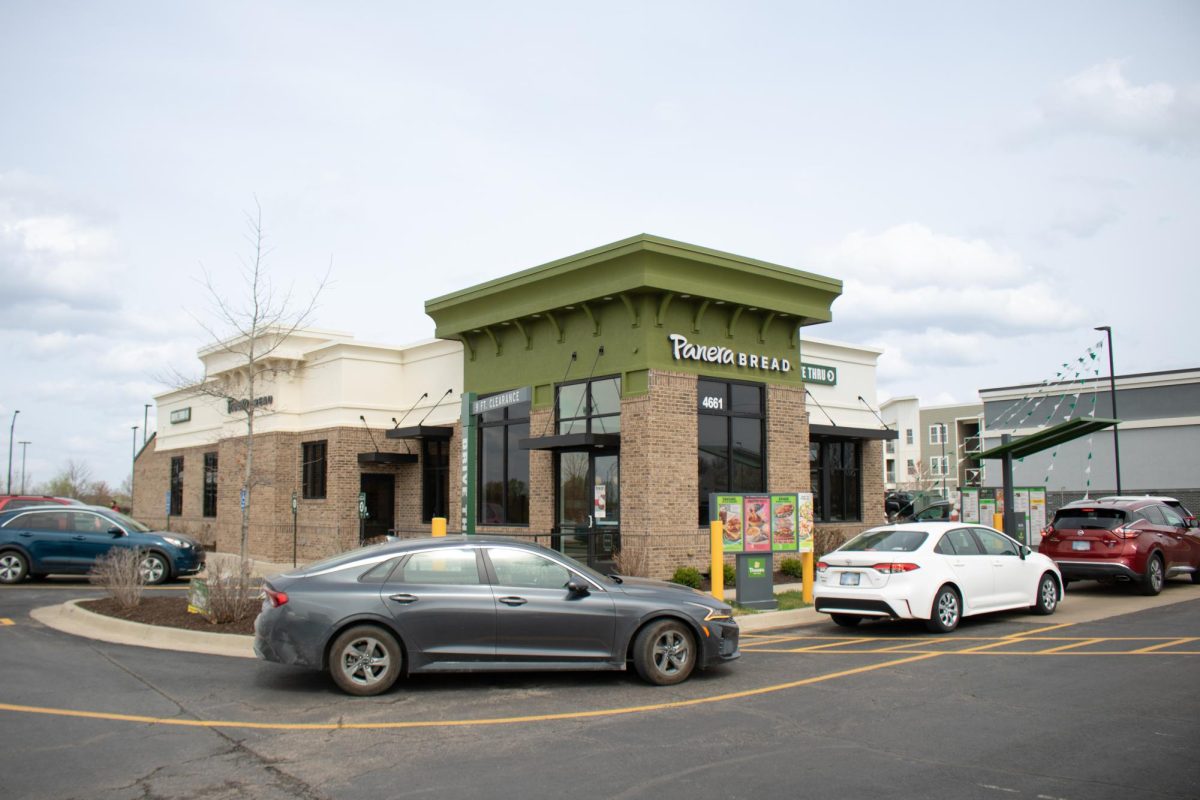Your music’s up, you’re just driving along and you see the flashing lights in your rear-view mirror. You pull the car over, roll down the window and prepare for what’s next. As a student, a minor and a driver are you aware of your rights? Many people are taken advantage of by the law because they are unaware of their rights.
1. The rights everyone has when pulled over
Most law case stem from violations of rights over being pulled over by the police come from the Fourth and Fifth Amendments (the right against unreasonable search and seizure and the right against self-incrimination). “For a police officer to be able to pull someone over they have to have probable cause, meaning they have to have proof that a crime was being, is being or is about to be committed,” stated criminal offence attorney John Frydman. “[The officer] has the right to ask for identification, proof of insurance and registration.” If a police officer pulls someone over they have the right to look in the car and remove anything that is in “plain view,” which, if criminal (such as a weapon, drug or alcohol substance) would give them the probable cause to arrest the person and the officer could search their car. However, if a police officer just asks permission to search a car they have the right to respectfully decline.
Unlike what you see on television, if an officer has probable cause he can arrest someone without reading them their Miranda Rights. An officer only has to do that if they are going to question the suspect. Just remember, anyone pulled over doesn’t have to admit to anything if they don’t want to, or think it would be legally beneficial if they don’t.
2. The rights all students have at school
As most people know, every minor has to go to school. Every state has law that requires a student to go to school for a certain number of years. In Kansas a student must be 16 years of age to drop out. Students have a right to refuse to say The Pledge of Allegiance, as long as they are not disruptive. Students also have the freedom of speech on a school campus as long as it does not “materially or substantially” disrupt the school day or invade the rights of other students.
Punishment and discipline in schools is necessary and does not require probable cause or due process, just proof beyond a reasonable suspicion. One of the only things a school official has to do is tell a student what they did wrong and let them present their side of the story. The other thing they have to do is let a student call their parents. If a student has been accused of anything at school and they ask to call their parents, a school administrator has to let them. This is because most students are minors.
It has been ruled that the Eighth Amendment (the right against cruel and unusual punishment) does not apply in schools, and that decision rests entirely on state and local laws. In the USD 497 district, it is illegal, according to USD 497 policy manual. Search and seizures are different in schools. Schools do not need to have a warrant or probable cause to search a backpack or a student, just proof beyond a reasonable suspicion. Remember, lockers are not student property, they are the school’s. A school can search any one’s locker at anytime.
3. The rights minors have at a party
A minor in the state of Kansas is someone who is under the age of eighteen. This means that until someone is eighteen, their parents are their guardians and that minor is the guardian’s legal responsibility. If a minor is at a party and is arrested for any reason whatsoever, that minor has the rights to remain silent, to not sign any statements, to have an attorney present during questioning, and to have parents or guardians present during questioning. If a minor is at a party and the police come they don’t have to say anything. “If an officer asks where you have been or what you have been doing, you don’t have to answer any questions,” Frydman said.














